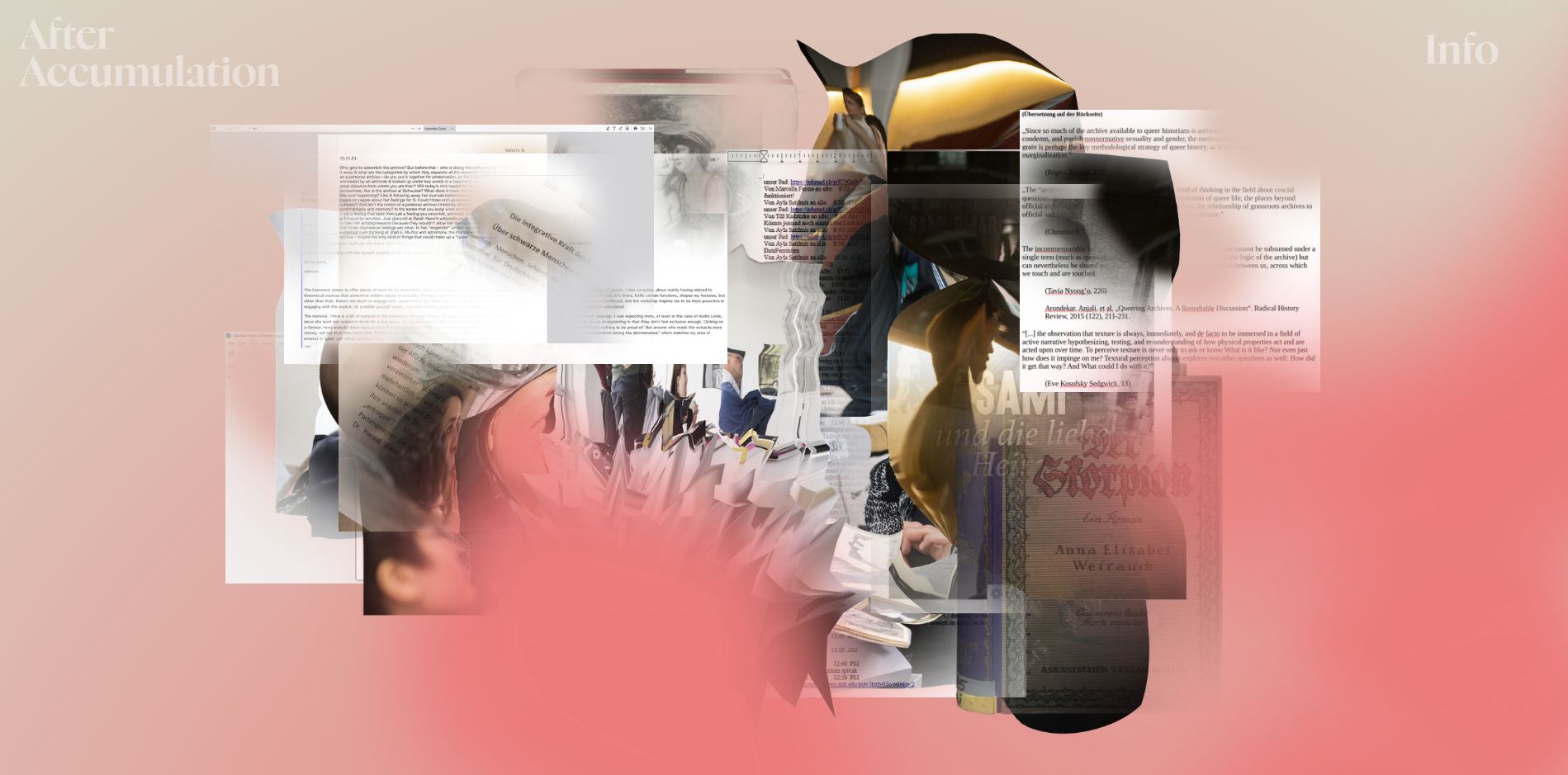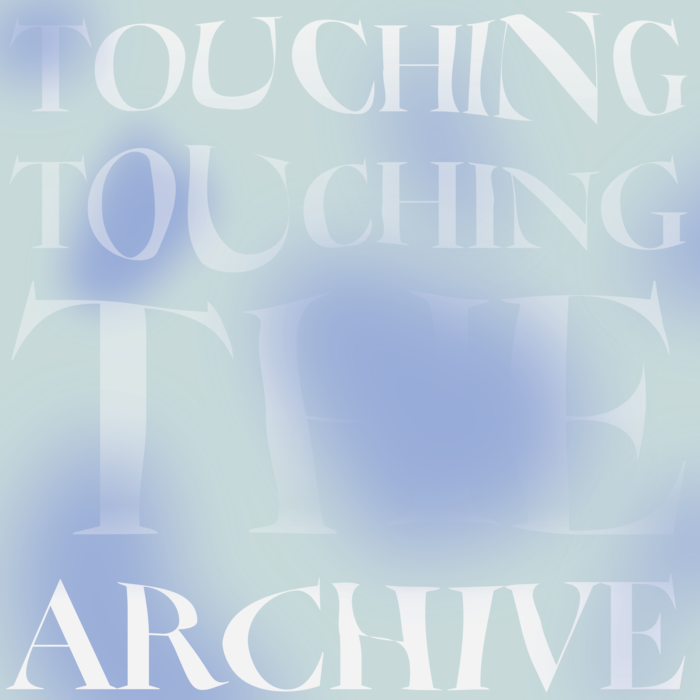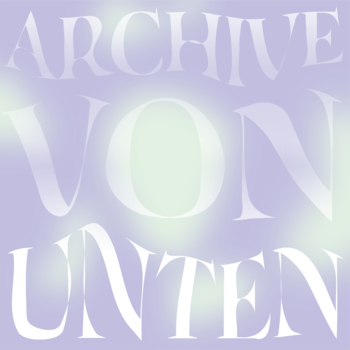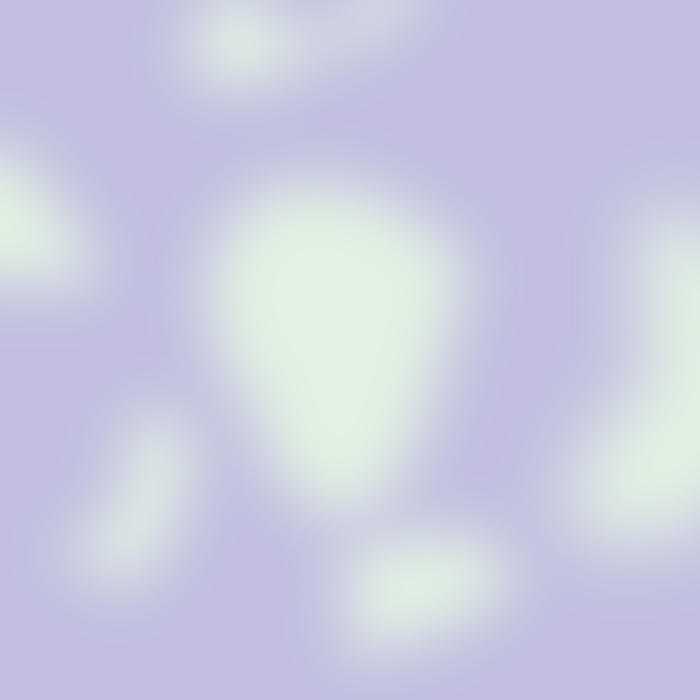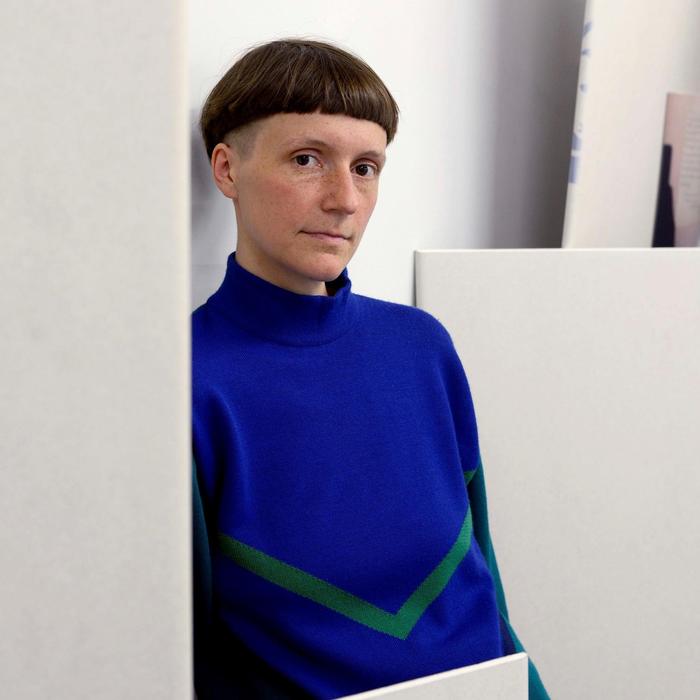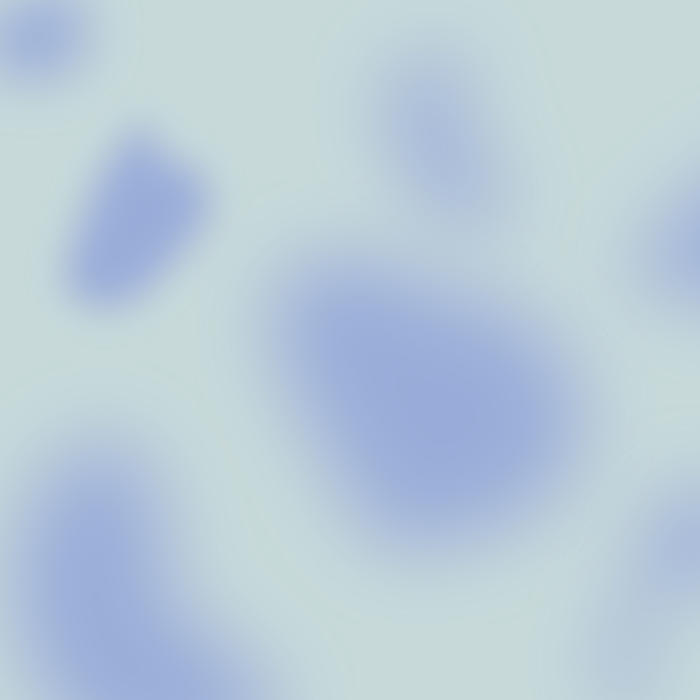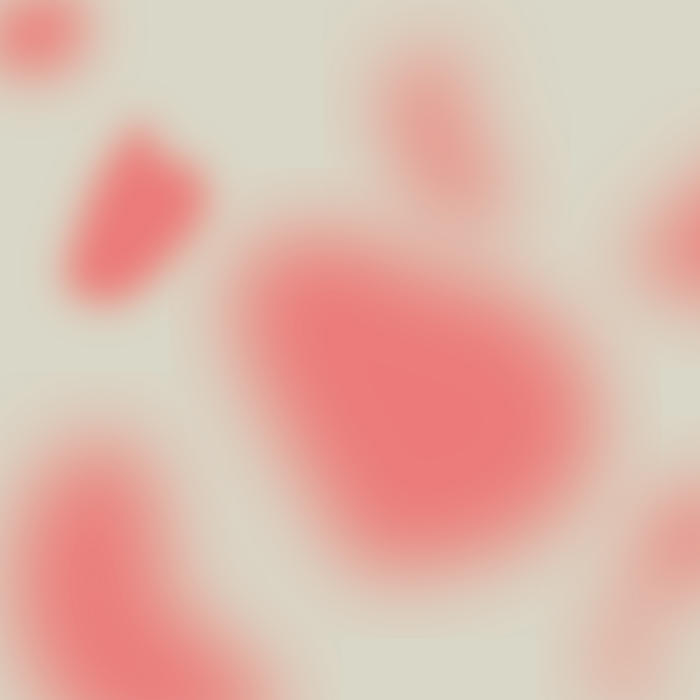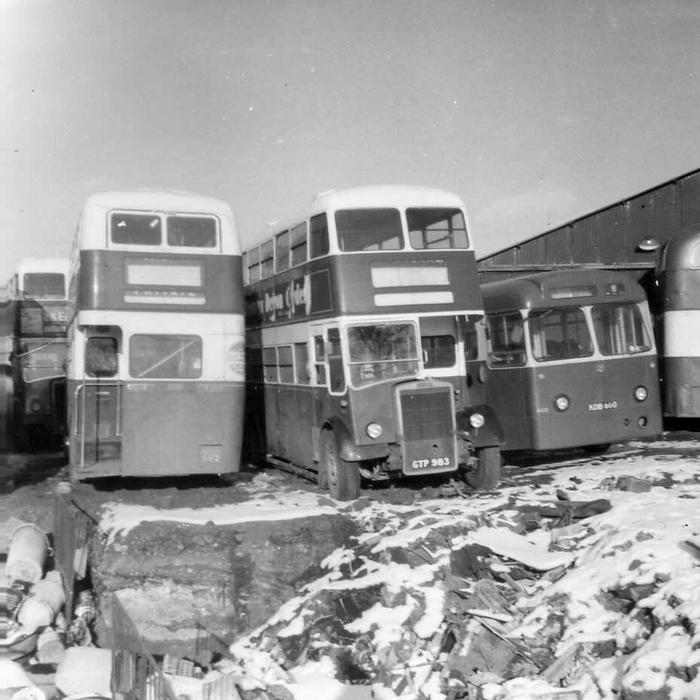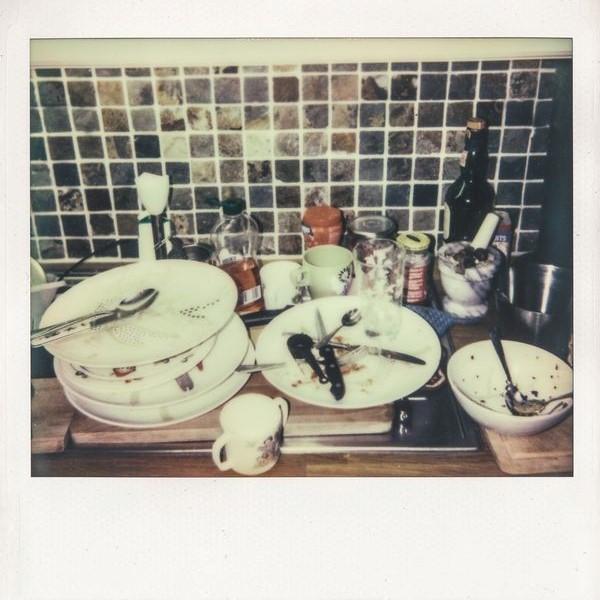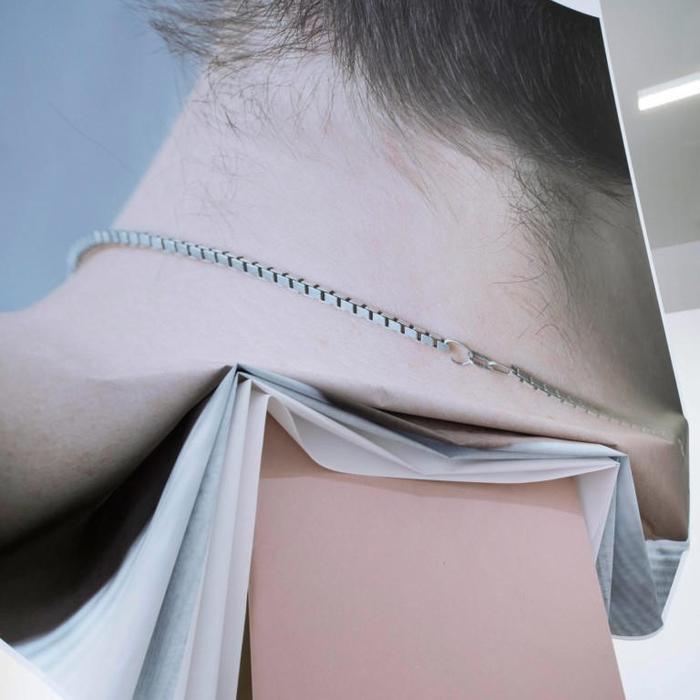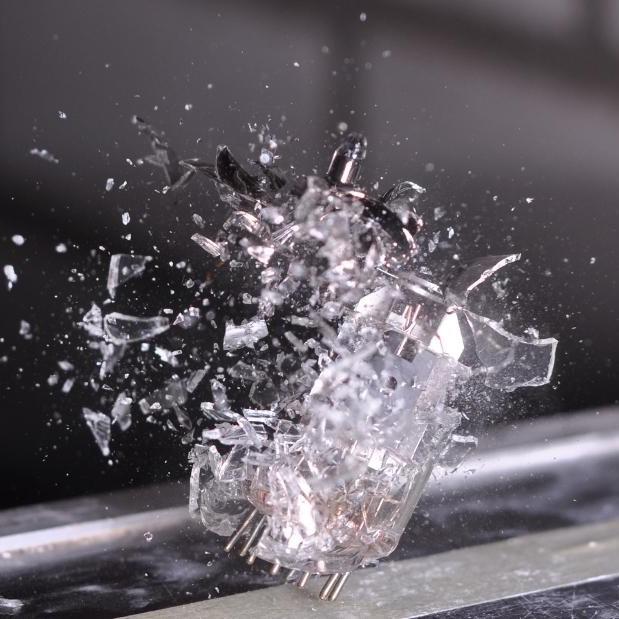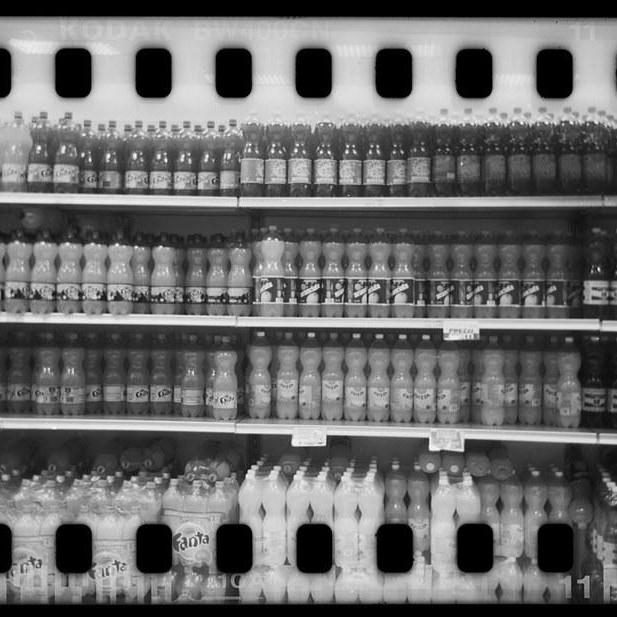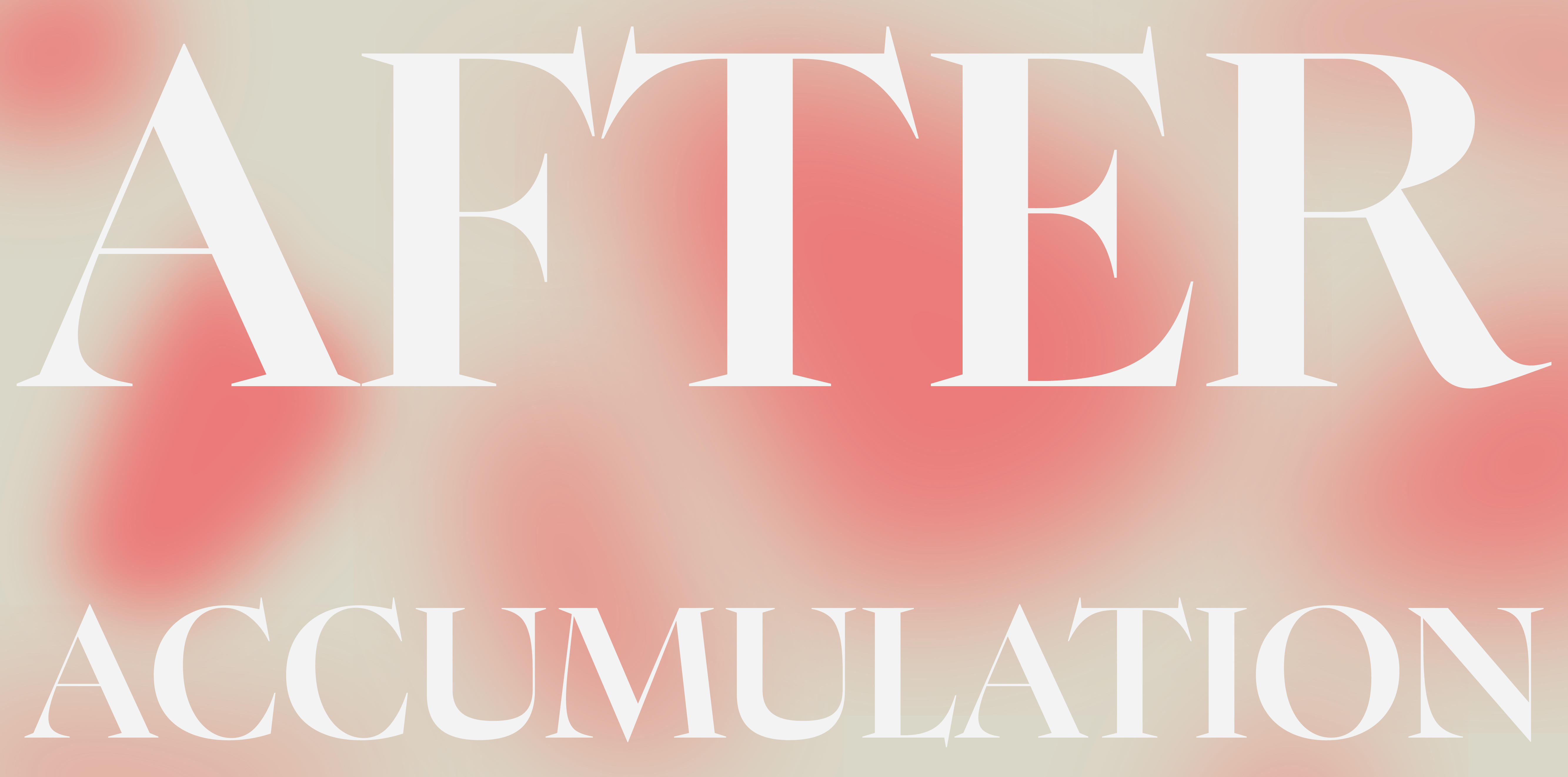
Project coordinators: Lindsey Drury, Sima Ehrentraut, Karina Rocktäschel, Samira Spatzek, and Nina Tolksdorf
Collect, scatter, select, appropriate, annihilate, revive, re-contextualize, distort, neutralise, bury
The archive as a complex of power and knowledge — of collecting, listing, and categorising — remains a problematic component of historiographic practices and cultures of memory. What is collected and preserved, who is the subject or abject of archival activity, who has got access to what is collected, and who claims the right to narrativise — are questions that point to the perspective-bound nature of the archive and its role in creating, maintaining, and renewing cultural and often national identities. Archival practice is a procedure of both interest and selection. Criteria of cultural valence, recognisable instrumentalisability, and relatability to dominant narratives determine the archive’s conception and operation.
Scholarly, artistic, and activist engagements with the archive have centred the nexus of institutions, memory, and processes of normativisation in their critical work with and about archives. Such work has shown that archives are not places of neutral recording and preservation of cultural goods, but rather reflect hegemonic and class-based generation of cultural values: they are machines of canonisation as much as they are places of distribution of feelings and of belonging. Archival institutions — defining themselves as neutral and objective sites of cultural preservation — should be addressed for their dependence on problematic concepts of historicity and knowledge production.
How, then, do we deal with the archive, which, as a site and epistemological practice, is so closely linked to the surrounding social order and is always also a site of the institution of power? Formats of "living archives," community-specific "counter-archives," approaches to an ethical, interpersonally inspired practice of dealing with holdings, and strategies of "dis-" and "interrupting" deal intensely with this question. Such formats aim to make visible and problematise the colonial and cultural chauvinist structures that pervade the archive, among many others. Their interventions work to expand the archive, multiply its perspectives, and break the hegemonic gaze so as to enter into an ethically conscious dialogue with the holdings, paving the way for a context-sensitive, situationally anchored (new) archival practice.
The hybrid project "After Accumulation" aimed to connect to these existing debates. To explore the archive as an institutionalised actor of historiographical practice and a metaphor for cultural tradition, “After Accumulation” began with the following ensemble of questions: What methodological adjustments need to result from this reflection for historically-oriented research in the humanities? What forms of archival critique can be found in artistic practice and what transdisciplinary potentials do such methods hold? In what way do archives of minoritised and marginalised groups, unread and unreadable biographies and histories transform the view on and the handling of what the archival field calls 'sources', 'material' or 'object'?
Under the umbrella of After Accumulation the project group organised a reading and discussion group as well as various workshops in collaboration with archives in Berlin (e.g. Spinnboden Lesbenarchiv & Bibliothek e.V., Schwules*Museum), cultural associations and institutions (e.g. Sinema Transtopia, xart splitta e.V.) as well as activists. In the context of the project group the transdisciplinary artist Julia Lübbecke was invited by the Cluster as a Dorothea-Schlegel-Artist in Residence with her project “Welcome to the Dirty Archive”. Julia Lübbecke spent 2 months at the Cluster, collaborating with the working group and participating in the group’s activities. Julia contributed to the collaborative workshop “Touching the archive” with the project space NEUN KELCHE, which also was framed by her exhibition “Kleber und Falten“ – a solo exhibition that is part of her ongoing artistic reflection on the archive and its materialities and whose concept was further developed during the time she spent at “Temporal Communities”.
Projektverantwortliche: Lindsey Drury, Sima Ehrentraut, Karina Rocktäschel, Samira Spatzek und Nina Tolksdorf
Sammeln, verstreuen, selektieren, aneignen, annihilieren, wiederbeleben, re-kontextualisieren, verzerren, neutralisieren, begraben
Das Archiv als Macht-Wissen-Komplex des Sammelns, Verzeichnens und der Kategorisierung bleibt ein problematisches Konstrukt historiographischer Praxis und Erinnerungskultur. Was gesammelt und bewahrt wird, wer Subjekt oder Abjekt archivarischer Tätigkeit ist, welche Personen Zugriff auf das Gesammelte und das Recht auf Narrativierung erhalten – all dies sind Fragen, die auf die Perspektivge- bundenheit des Archivs und seine Rolle in der Aufrechterhaltung kultureller und häufig nationaler Identitäten verweisen. Archivarische Praxis verfährt gleichermaßen interessiert wie selektiv. Sowohl ihre Konzeption als auch ihr Betrieb sind präfiguriert durch Kriterien kultureller Wertigkeit, identifikatorische Instrumentalisierbarkeit und ihre Passförmigkeit in Bezug auf dominierende Narrative.
Wissenschaftliche, künstlerische und aktivistische kritische Auseinandersetzungen mit dem Archiv haben den Zusammenhang von Institutionalisierung, Memoralisierung und Normierung ins Zentrum ihrer Arbeit mit und über Archive gestellt. Sie haben gezeigt, dass Archive keine Orte der neutralen Verzeichnung und Konservation kultureller Güter sind – sondern Spiegelungen hegemonialer und klassen- basierter Kulturwertgenerierung, Maschinen der Kanonisierung sowie Orte der Distribution von Zugehörigkeitsgefühlen. Ihre Institutionen, die sich in ihrem Selbstverständnis noch zu häufig als neutraler und objektiver Kulturschutz definieren, sind in ihrer Abhängigkeit von den sie einbettenden Konzepten der Geschichtlichkeit und problematischen Wissensentwürfen zu adressieren.
Wie also umgehen mit dem Archiv, das als Ort und epistemologische Praxis so eng verknüpft mit der es umgebenden gesellschaftlichen Ordnung ist und immer auch ein Schauplatz der Institution von Macht ist? Formate der living archives, community-spezifische „Gegenarchive“, Ansätze einer ethischen, interpersonal inspirierten Praxis des Umgangs mit Beständen und Strategien des dis- und inter- rupting beschäftigen sich intensiv mit dieser Frage und zielen beispielsweise auf die Sichtbarmachung und Problematisierung der kolonialen und kulturchauvinistischen Strukturen, die das Archiv durchziehen. Ihre Interventionen arbeiten daran, das Archiv zu erweitern, seine Perspektiven zu multiplizieren und den hegemonialen Blick zu brechen, um in einen ethisch bewussten Dialog mit den Beständen zu gehen und einer kontextsensiblen, situativ verankerten (neuen) Praxis Wege zu ebnen.
Das hybride Format After Accumulation knüpfte an diese bestehenden Auseinandersetzungen an. Es nahm folgende Fragen zum Ausgangspunkt für eine transdisziplinäre Erkundung des Archivs als institutionalisierte Akteur*in historiographischer Praxis wie auch als wirkmächtige Metapher kultureller Traditions- und Identitätsbildung: Welche methodischen Anpassungen müssen sich aus dieser Reflexion für historisch orientierte geisteswissenschaftliche Forschung ergeben? Welche Formen archivarischer Kritik lassen sich in künstlerischer Praxis finden und welche transdisziplinären Potentiale bergen diese Verfahren? In welcher Form transformieren Archive minorisierter und marginalisierter Gruppen, ungelesene und unlesbare Biographien und Historien den Blick auf und den Umgang mit dem, was das archivarische Feld ‚Quellen‘, ‚Material‘ oder ‚Objekt‘ nennt?
Für die Realisierung dieses Vorhabens bestand die Arbeit des After Accumulation Projektes in der Durchführung einer Lese- und Diskussionsgruppe sowie in der Organisierung verschiedener Workshops in Kollaboration mit Berliner Archiven (z.B. Spinnboden Lesbenarchiv & Bibliothek e.V., SMU), kulturellen Vereinen und Institutionen (z.B. Sinema Transtopia, xart splitta e.V.) sowie Aktivist*innen.
Im Kontext des Arbeitsprojektes wurde die Künstlerin und Fotografin Julia Lübbecke vom Cluster als Dorothea-von-Schlegel-Artist in Residency mit ihrem Projekt “Welcome to the Dirty Archive” eingeladen. Julia Lübbecke verbrachte zwei Monate am Cluster, beteiligte sich in dieser Zeit an der Zusammenarbeit mit der Arbeitsgruppe und nahm an den Aktivitäten der Gruppe teil. Julia wirkte an dem gemeinsamen Workshop "Touching the Archive" in dem Projektraum NEUN KELCHE mit, der von ihrer Ausstellung "Kleber und Falten" umrahmt wurde – einer Einzelausstellung, die Teil ihrer fortlaufenden künstlerischen Reflexion über das Archiv und seine Materialität ist und deren Konzept in den zwei Monaten, die sie bei "Temporal Communities" verbrachte, weiterentwickelt wurde.
For a final reflection on the project group’s activities After Accumulation collaborated with the artist Maxine Vajt, who designed and conceptualised a website that assembles photos, notes, and residues from the closing workshops in 2023. The website has a partly interactive set-up that aims to capture the material and digital traces After Accumulation has produced for its time being and to transfer the ambivalence of archiving and the compromised accessibility and visibilities that come with the practices of selecting, collecting and publishing into a digital space. The blurred layout draws attention to paradox to archive the outcomes of a project that was set up to critique and move beyond this very practice.
Für eine abschließende Reflexion über die Aktivitäten der Projektgruppe arbeitete After Accumulation mit der Künstlerin Maxine Vaijt zusammen, die eine Website entwarf und konzipierte, auf der Fotos, Spuren, Notizen und Reste der Abschlussworkshops im Jahr 2023 gesammelt werden. Die Webseite hat eine teilweise interaktive Gestaltung, die darauf abzielt, die materiellen und digitalen Spuren, die After Accumulation in seiner Zeit hinterlassen hat, zu erfassen. Sie soll die Ambivalenz des Archivierens und die eingeschränkte Zugänglichkeit und Sichtbarkeit, die mit den Praktiken des Auswählens, Sammelns und Veröffentlichens einhergehen, in einen digitalen Raum übertragen. Das undeutliche Layout lenkt die Aufmerksamkeit auf das Paradox, die Ergebnisse eines Projekts zu archivieren, das darauf abzielte, genau diese Praxis zu kritisieren und zu überwinden.
The project group and its activities were financed by the Cluster of Excellence “Temporal Communities” (Freie Universität Berlin) in collaboration with CRC 1171 “Affective Societies” (Freie Universtität Berlin).
Die Projektgruppe und ihre Aktivitäten wurden finanziert durch den Exzellenzcluster “Temporal Communities” (Freie Universität) in Zusammenarbeit mit dem SFB 1171 “Affective Societies” (Freie Universität Berlin).
Liste der Kollaborationen
Spinnboden Lesbenarchiv https://spinnboden.de/
Sinema Transtopia https://sinematranstopia.com/de
Schwules*Museum Berlin https://www.schwulesmuseum.de/
Neun Kelche https://neunkelche.de/
Julia Lübbecke https://julialuebbecke.com/
Xart splitta https://xartsplitta.net/ls/
The Living Archive https://thelivingarchives.org/
